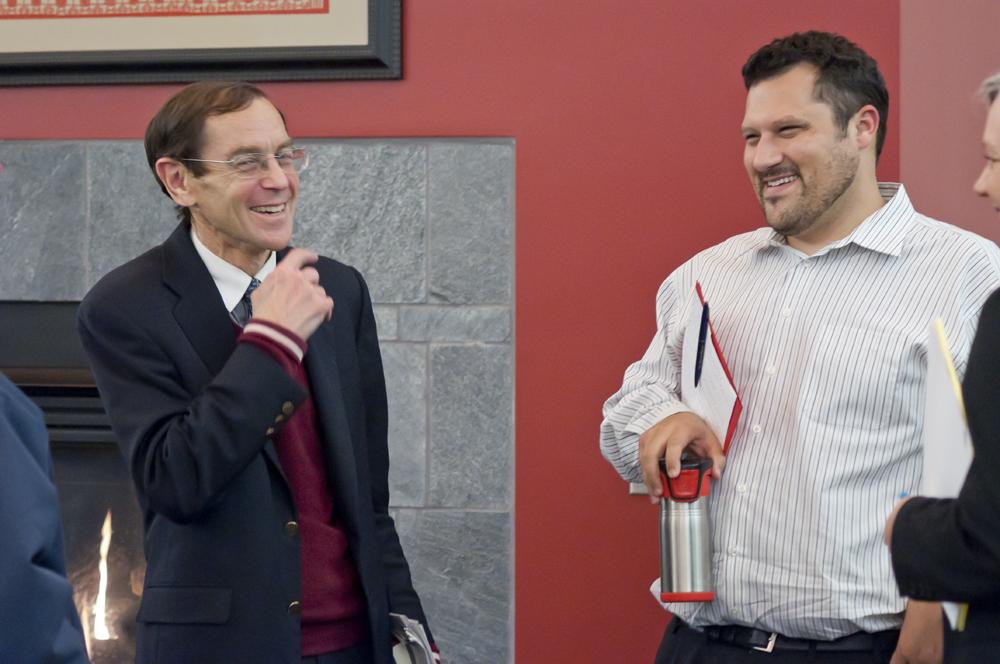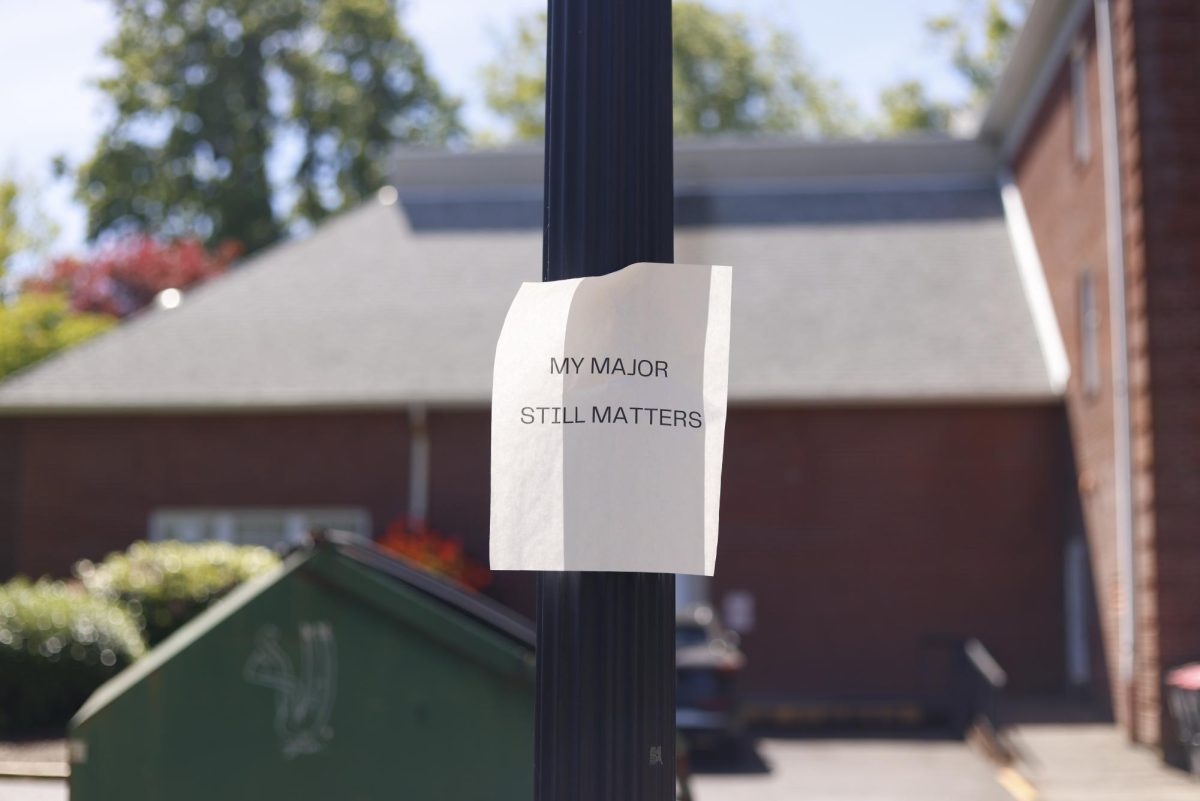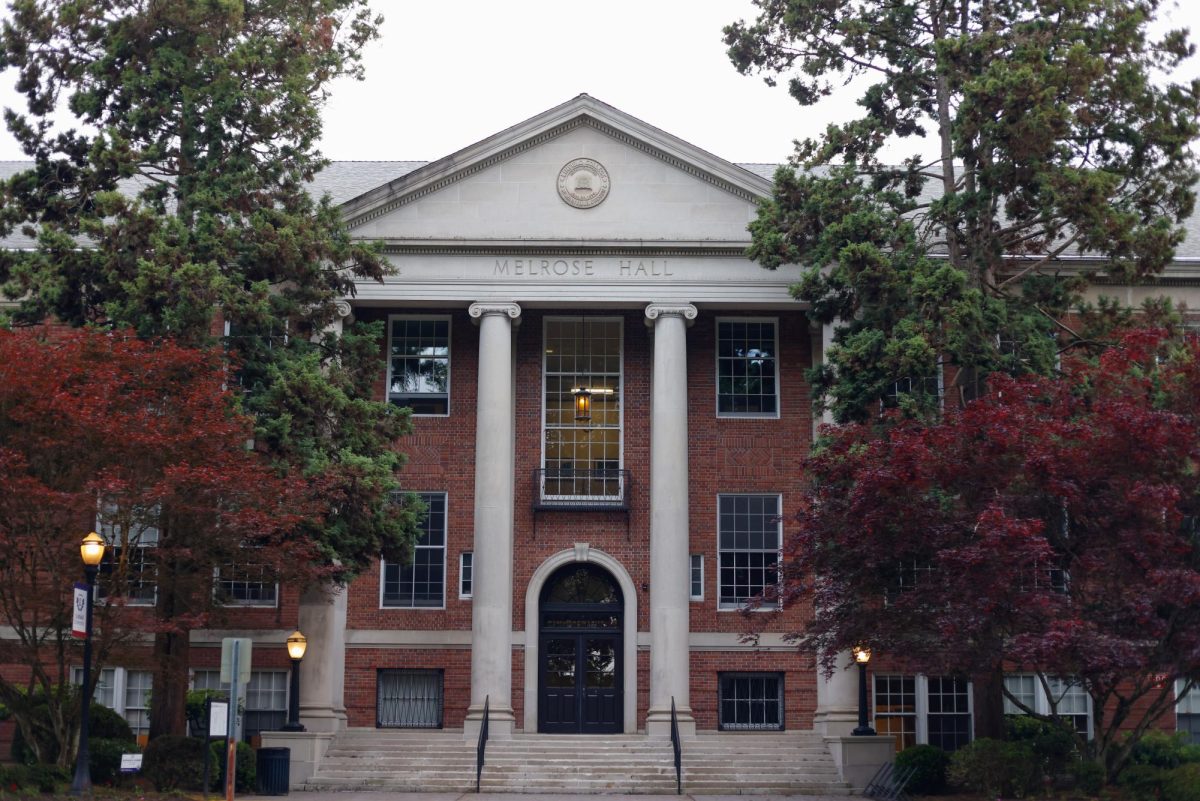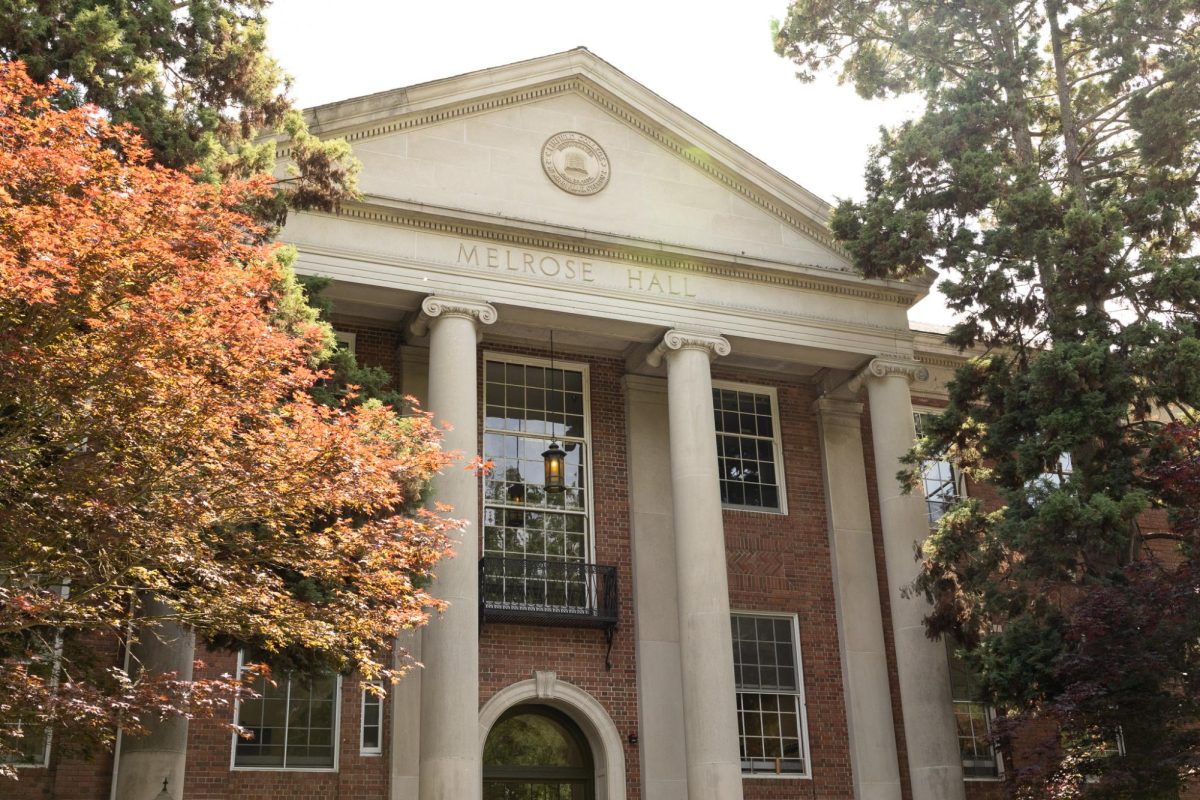
On the tenth anniversary of the U.S. PATRIOT Act, constitutional lawyer Bruce Fein explained how the act has contributed to nothing but the intrusion of privacy of U.S. citizens.
He presented these views at two lectures on Oct. 26.
The USA Patriot Act, Uniting (and) Strengthening America (by) Providing Appropriate Tools Required (to) Intercept (and) Obstruct Terrorism Act of 2001, commonly known as the “Patriot Act,” was signed by former President George W. Bush in reaction to 9/11.
The act reduces the restriction to collect information and to conduct surveillance of individuals considered to be related to terrorist-related activities.
Under the Act, law enforcement agencies can request data or records of citizens from organizations, such as banks, internet service providers and telecommunication corporations with a National Security Letter.
With the letter, the FBI is not required to provide evidences or proofs of their suspicion to request information.
The bureau can also search through a home or business and track the target with GPS without warranty or the owner’s knowledge.
Fein said that since the letter forbids the organizations from revealing even the issuance of the letter, it is hard for citizens to protect their privacy in the court.
“They can only say they ‘believe’ they are under surveillance,” he said.
Besides the intrusion of privacy, Fein also showed how the act may “non-legally ruin” a citizen’s life. Since the FBI can collect information without proofs, people around the target may also be questioned.
This, according to Fein, creates suspicions within people around the target.
Fein also said the FBI usually investigates stereotypes, such as returnees from Iraq or Afghanistan or supporters, in a vote in these countries.
“To an investigator, everything looks like a crime,” Fein said.
Fein said he believed the Act may deter citizens from openly or actively criticizing the government, as they do not want to be involved in investigations.
Still, Fein said that it is not easy for politicians to oppose the act, which was signed when Bush declared war against terrorists.
Fein said “It put the U.S. in a state of perpetual war,” as tactic never ends and no politician dares claim it has.
Fein urged the audience to write to congress or hold petitions until the Act is repealed or barriers are set for the surveillance of citizens.
“Citizens censor the government in democracy,” he said.
Earlier that day, Fein also presented “A Republic, If You Can Keep It” during the Pizza and Politics event in the Pioneer Reading Room, when he reflected on the meaning of this quotation from Benjamin Franklin.
______________________________________________________________________________________________
Cassie Wong/Staff reporter
Cassie Wong can be reached at [email protected].







Amber Hay • Oct 31, 2011 at 8:00 pm
In the picture’s caption, you spelled Professor Buccola’s name wrong. It’s starts with a “B” not an “E”. Just thought you should know.